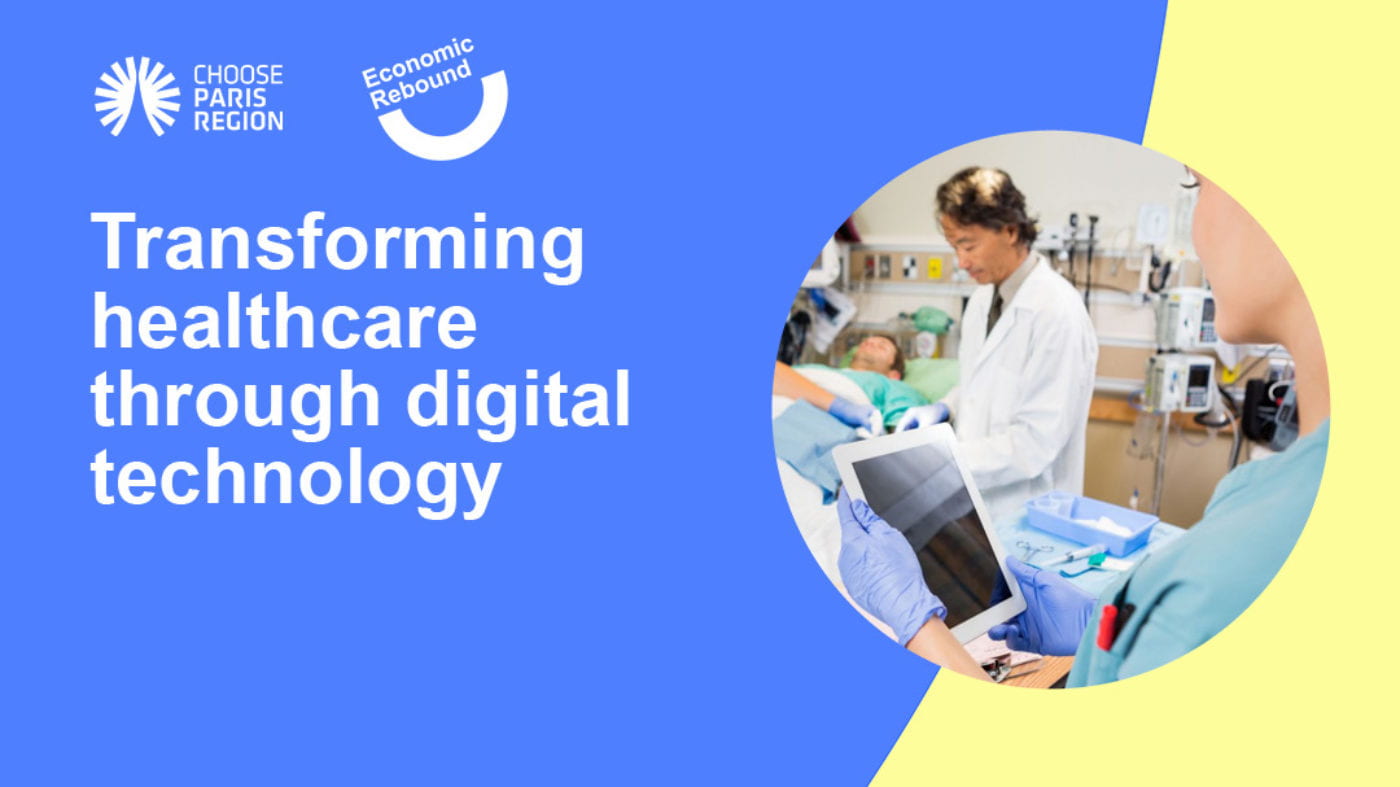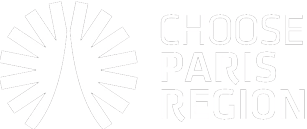
The COVID-19 pandemic took a significant toll on people across the world, as well as affecting every industry, business, and organization. But if the impact of COVID-19 on people and our healthcare systems has been huge, it also had some very positive repercussions which are worth mentioning. In fact, COVID-19 spurred the development of new digital uses in health. It sped up R&D efforts, made telemedicine more effective and accessible, accelerated the spread of health apps, wearable devices, connected care systems, and maximized the use of routinely collected data. Whatever future lies ahead, the pandemic has brought to light the importance of digital technology in medicine and its role in helping save lives and providing adequate health and social care to millions of people in need.
A thriving ecosystem spurring many opportunities for business
Before the outbreak of COVID-19, “telemedicine”, a service that offers medical advice and doctor’s appointments online was not widely used. In fact, there were still very few people using this tool in France. This changed at the beginning of March when more than 3 million people signed up for online consultations on Doctolib, the French leader in telemedicine.
With the significant rise in telemedicine, strongly recommended to alleviate general practitioners (GPs) offices and hospitals, we saw some innovative telemedicine solutions spring to life.
Along these lines, the French National Health Insurance Fund (CNAM) has also shown great interest in collaborating with health Tech players to meet its goal of creating a secure and personalized “digital health space” for every French citizen. This health space will enable every citizen to have access to all their health data and services throughout their entire life. CNAM has made it clear that it was ready to invest a lot in new innovative solutions with its recent call for proposals).
Digital solutions are at the heart of health transformation
The social and medico-social sector in France is investing massively in its digital transformation, as evidenced by the call for proposals “Structures 3.0” launched on May,13 by the French Digital Health Agency. The objective of this call, granting financial support of up to €300,000, is to source innovative digital solutions to health issues. For instance, it seeks among others, solutions to improve the autonomy of elderly people, improve the daily lives of disabled people and support nurses and carers.
However, key questions come to mind when one thinks about data, artificial intelligence (AI), and health. Indeed, how do we make health data available? How do we manage confidentiality? How do we aggregate this data altogether? These questions are in fact generating huge technological leaps that are transforming primary care and health systems.
For instance, Owkin, a French/American start-up founded in 2016 by two French researchers, created the Covid-19 Open AI Consortium (COAI) a collaborative research platform uniting academic institutions, researchers, data scientists and industrial partners that aims at accelerating effective treatments for Covid-19, and share all of its findings with the global medical and scientific community.
Owkin recently managed to raise $25 million for its project of federating a network of U.S. and European academic medical centers to make millions of high-quality, curated, research-grade patient data captured in clinical trials or research cohorts available to the scientific community. The company’s pitch is that data scientists, clinical doctors, academics and pharmaceutical companies can all log in to the virtual lab that Owkin calls the “Owkin Studio”.
Building advanced computer-aided decision and diagnosis systems for personalized medicine with AI is one of the priorities of the Interdisciplinary Institute of Artificial Intelligence PRAIRIE, inaugurated in Paris in October 2019 by 5 academics and 16 industrial members. This new center of excellence in artificial intelligence brings together players as prestigious as the Pasteur Institute, Sanofi, GE Healthcare, Pfizer, Microsoft, Google, Facebook, Amazon…
Improving the French healthcare system
Paris Region stakeholders are increasingly aware of the potential of collaborative research and artificial intelligence techniques applied to medicine that are emerging in Paris Region. In fact, the French Government’s ambition to “build the foundations of an even more modern, more resilient, more innovative health system“ as expressed during the National Health Consultation (« Ségur de la Santé ») is offering huge opportunities for players in Biotech, E-health, MedTech.
With Healthcare services in France now investing in ground-breaking technology to benefit both patients and clinicians, there are many opportunities in Paris Region to be seized by French and international companies working on innovative solutions in digital health.
This article was written in collaboration with Jessica Pennetier
Choose Paris Experts

Yann Masson
Healthcare, Life SciencesExpert

